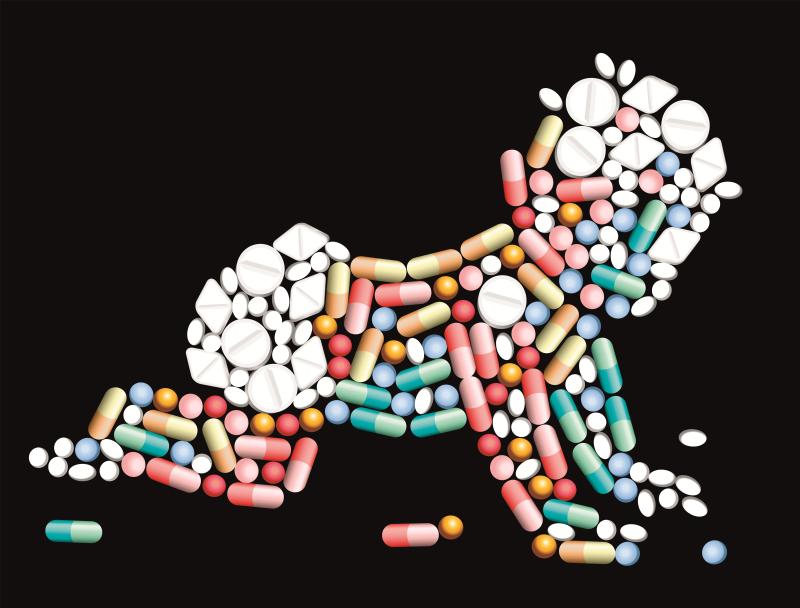
Factors fuelling the carriage of antibiotic-resistant (AR) bacteria in children vary between bacterial species, according to the results of a systematic review and meta-analysis.
A systematic search was performed in the databases of Medline, Embase and PubMed for studies in developed countries that examined the risk factors for carriage of AR bacteria in healthy children in the community. Studies conducted before 1998 and those of AR Streptococcus pneumoniae carriage in the absence of pneumococcal conjugate vaccination were excluded from the meta-analysis.
In total, 1,234 studies were identified, of which 30 met the eligibility criteria. Included studies analysed the impact of 49 risk factors on AR strains of the following bacteria: S. pneumoniae, Haemophilus influenzae, Staphylococcus aureus, Streptococcus pyogenes and Escherichia coli. Most of these risk factors were evaluated in two or fewer studies per bacteria.
An association was found between recent antibiotic intake and the carriage of resistant respiratory bacteria, such as S. pneumoniae and H. influenzae, but the association was not consistent with the carriage of AR bacteria in skin or stool, such as S. aureus and E. coli. For AR S. aureus, transmission within households was found to have a greater effect than individual antibiotic use.
Intervention strategies targeting specific risk factors for different bacteria are needed to reduce reservoirs of AR bacteria in the community, the authors suggested.
“In addition to healthcare settings, antibiotic resistance has also been increasing in the community. Healthy children represent an important potential reservoir of AR bacteria,” they noted.